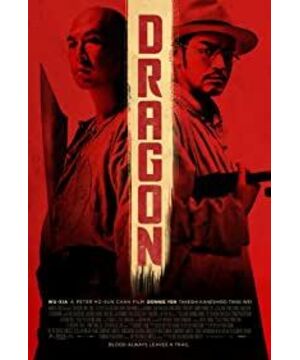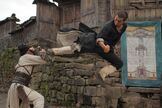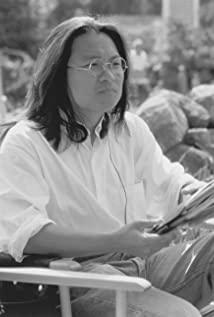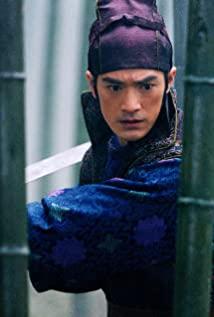When it was over, I asked the friend next to me, how is Xu Baijiu? She replied, dead.
I really don't want him dead.
At the end, the clone shed tears while holding an umbrella, as if saying goodbye. Maybe Xu Baijiu is indeed dead, but if he doesn't die, I don't think he will continue to be schizophrenic. That personality that is a little too meticulous, a little too persistent, and a little too law-abiding will no longer exist.
Xu Baijiu also killed people and killed the leader, and he should also be punished. This behavior is different from what he always thought. This time, like the case of the poisoned boy, he also broke the legal constraints for justice.
So what A Yu said, Xu Baijiu himself is a very good person, but he doesn't know it himself.
No matter how he acupuncture his acupuncture points, it can't change him.
What is the law for?
Make people better? Or is it just for the law?
Or for fairness? Or for domination?
In any case, there is a sentence in Moore's Utopia:
it against all right and justice that men should be bound to laws.
Xu Baijiu also finally got rid of his own obsession, which is the bound of obeying the law.
Another protagonist, Liu Jinxi, is also interesting.
I remember he said to Ayu, thank you for letting me be Liu Jinxi for ten years, but unfortunately I am not.
In fact, he didn't understand that he was already Liu Jinxi, and when he saw the child killed by him, he was no longer Tang Long. Liu Jinxi or Tang Long is just a code name. The former loves his wife and children, and is frank with the detective who tracks him. I'm afraid there are no people in the world who are so easy to trust and so tolerant of others. And Tang Long, according to his own words, only thinks that people are animals.
Ayu asked him if he didn't see her that day, would he stay?
This is what women want to know.
But Ayu didn't understand him here. He was already Liu Jinxi. Liu Jinxi saw Ayu and fell in love with her, not someone named Tang Long, who wanted to escape from the past.
Liu Jinxi said that it was interesting to be a butcher.
Originally, his adoptive father was a murderer, and he regarded people as animals, saying that it was normal for him to be a butcher, and he did not lie.
An interesting proposition in the play was proposed by Liu Jinxi. He always wanted to change Xu Baijiu invisibly, or it was just his way to protect himself, or it was also subconsciously, but it made people feel that they knew each other best.
The proposition is that the sin of a man is not his own nature, but the sin of the entire human race.
This proposition has something in common with that in Crime and Punishment.
Everyone inadvertently causes the fate of others. Everything is if, just like Tong Xiangyu said: "Er is wrong, Ee is really wrong, Ee should not have married here from the beginning, if Ee did not marry here, Ee Di's husband will not die, If Edi's husband hadn't died, Ee wouldn't have been reduced to such a sad place..." I
just saw a person questioning that the text of this film is not correct. Actually I feel the same way. However, in the biography of the ranger in the historical records, it was written: "Today, the ranger, although his actions are not righteous, but his words must be faithful, his actions must be fruitful, his promises must be sincere, and he does not love his body. So, if you don’t boast about your abilities, you’ll be ashamed of your virtues, and there are plenty of people.”
For Liu Jinxi, at least some of the above are fine.
View more about Dragon reviews











